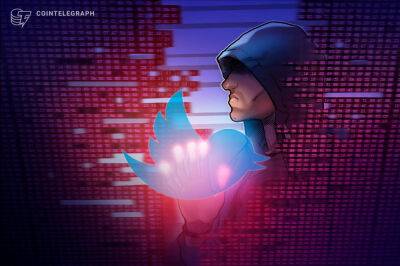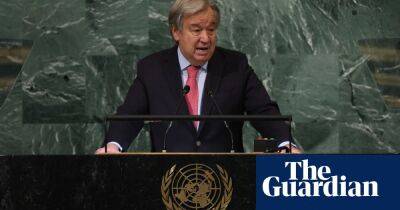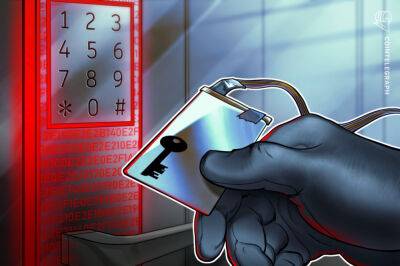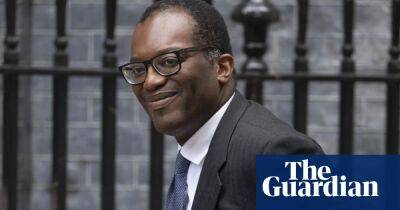Kwasi Kwarteng’s opaque stance on BT ownership is not helping
Is the UK’s broadband infrastructure a vital national asset that must not be allowed to fall into the arms of, say, a Swiss-based French telecoms tycoon with a taste for financing his ventures with oodles of debt?
Come back another day – possibly – to discover the government’s view. Tuesday’s ruling on Patrick Drahi’s 18% stake in BT was a fudge. No action will be taken on the billionaire’s current holding under the new, and theoretically muscular, National Security and Investment Act. But we’re none the wiser as to what would happen if Drahi ups his stake to, say, 20% or 25%, or mounts a full-blown takeover bid.
“Any future transaction could be subject to a separate assessment,” said business secretary Kwasi Kwarteng’s department. Was that a warning along the lines of “18% but no more”, or has the next chancellor (probably) just kicked the can down the road? Impossible to tell. It is easier to say what the government should do if Drahi has designs on full ownership or creeping control: it should intervene to block either attempt.
First, because BT finally appears serious about upgrading the nation’s broadband. Having infuriated politicians and regulator Ofcom alike for years with its pedestrian approach to rolling out a fast-fibre network, the company now has its “fair bet” guarantees on future pricing and the game is on.
A £15bn investment programme to pass 25m premises by 2025 is under way, which usefully puts a rocket under Virgin Media and smaller rivals. BT really doesn’t need to take an excursion into high-leverage financial engineering, which would be one possible (perhaps likely) effect of ownership by Drahi’s Altice group.
The second reason is listed-company status, complete with conventional governance set-up and
Read more on theguardian.com





















